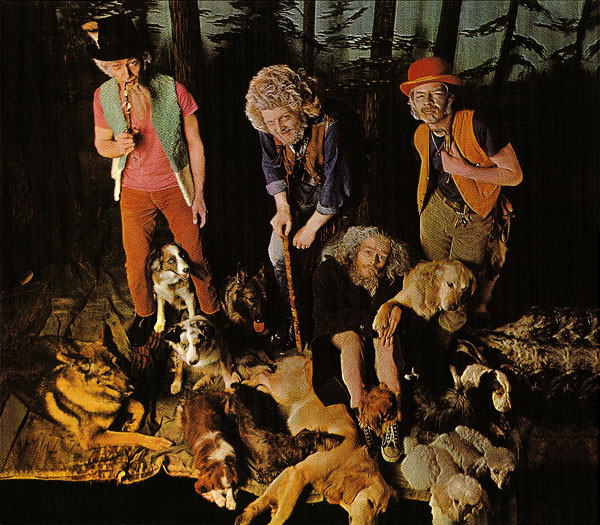For those that are familiar with the more complex and progressive output of Jethro Tull from the 70s, a first listen of their 1968 debut album, This Was, can come as quite a shock. Although it has always been obvious that Tull were influenced, at least in in some part by the blues, the fact that This Was is so deeply rooted in influences that Cream and Free drew so much inspiration from is still a bit of a surprise.
This Was is (to date) the only Jethro Tull studio album to feature the guitar work of original guitar player and co-leader Mick Abrahams, a wonderfully fluid blues player who was a master of the style, but also bound by its stylistic restrictions. Indeed, much of This Was is built around Abrahams’ skilful playing, giving it a unique feel that ties it to the late 60s blues rock boom, yet for those exact same reasons, quite unlike any other Jethro Tull album.
This Was is not just any bog-standard blues-rock album though, as even at this early stage of Jethro Tull’s career Ian Anderson’s flute playing was forceful enough to mark the band out as something a bit different. Like many of their contemporaries, Tull were not beyond incorporating jazz influences in their instrumental passages, something which suits the untutored flute playing of Ian Anderson, which in itself takes This Was to sonic places untouched by the majority of white blues players and would remain a calling card for Tull throughout their career.
Another reason that This Was sounds so different to later Tull albums is the fact that the writing was split between Anderson and Abrahams, albeit with Anderson taking the lion’s share. On first listening to the album it is not always easy to differentiate between their writing, and only checking the sleeve notes can you confirm exactly who wrote what. A couple of instrumentals display the band’s musical chops in a favourable light, with “Cat’s Squirrel” being Abraham’s tour-de-force, and “Serenade To A Cuckoo” being Anderson’s chance to impress with his breathy flute playing.
At the end of the day, some Tull fans are quite happy to ignore This Was, as it is unlike anything else they did during their hey day, however I would discourage anyone from dismissing it entirely. Yes, This Was is a period piece, but at least it’s a charming one.














No Comment